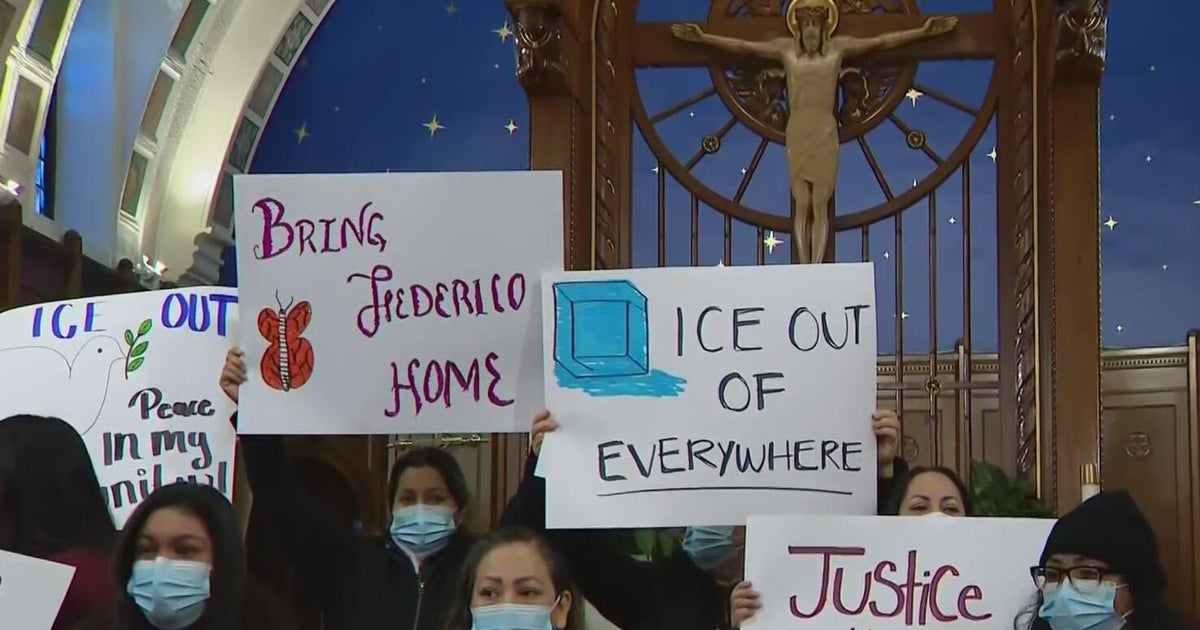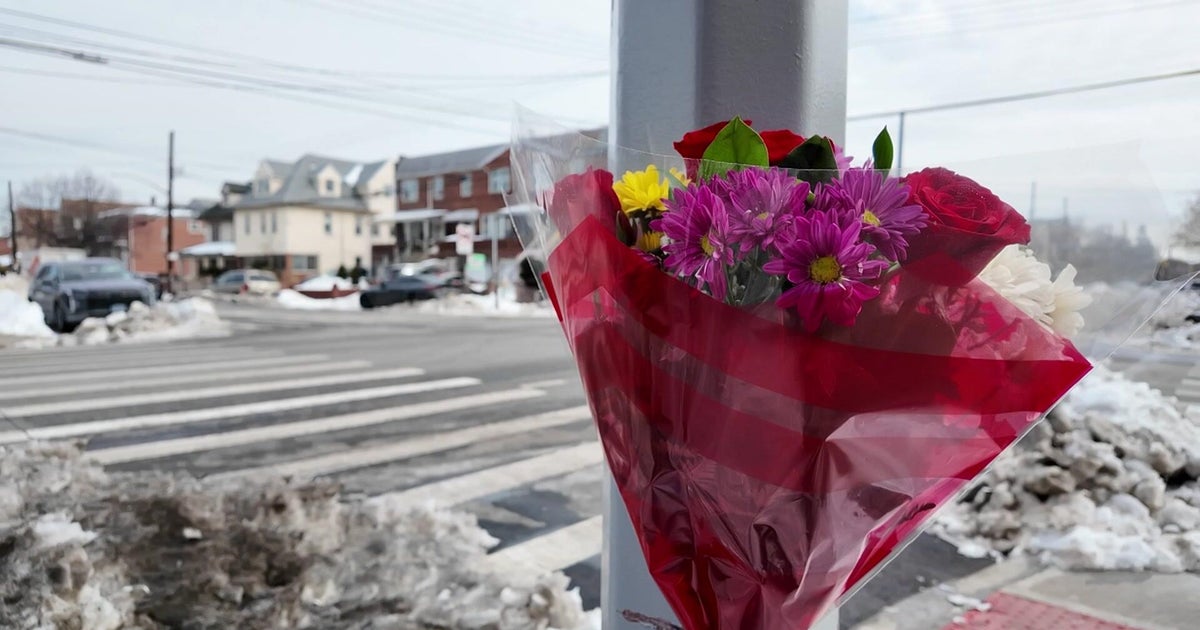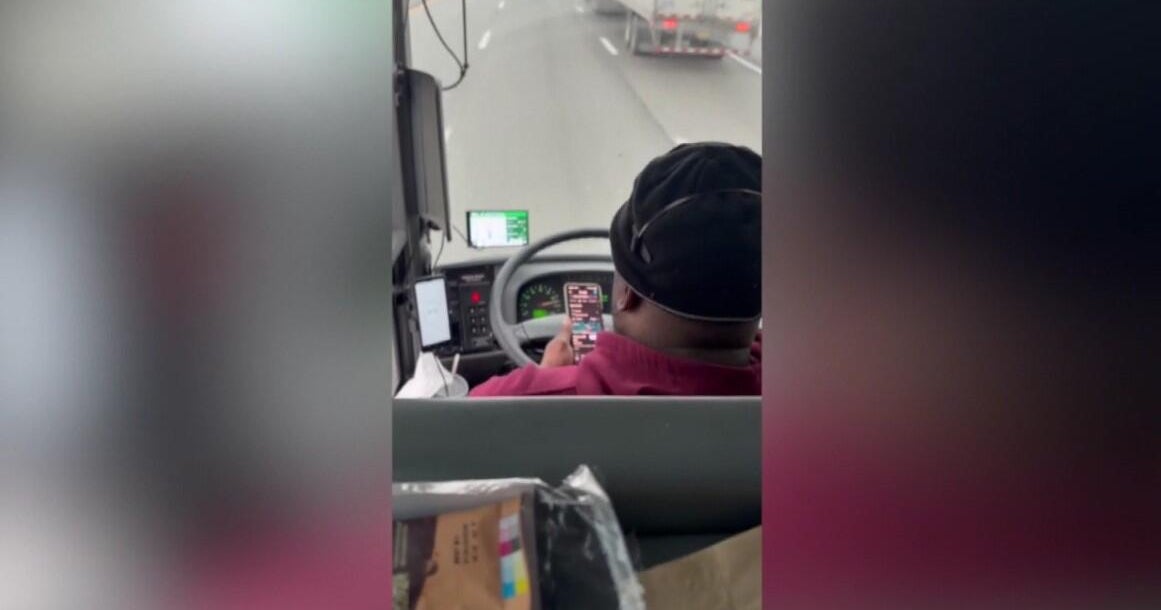Interfaith Rally Looks Beyond Anti-Islam Bus Ads That SEPTA Is Being Forced To Run
By KYW community affairs reporter Cherri Gregg
PHILADELPHIA (CBS) -- Following a court ruling that said SEPTA must accept some anti-Muslim advertisements, those ads may begin running on dozens of buses as early as tomorrow.
Today, leaders of several faiths came together to counter the ad's hate message with a little love.
----
Scores of Christians, Jews, and Muslims today joined Philadelphia elected officials for a rally in Love Park designed to protest the incendiary bus ads, which link Adolf Hitler to Islam.
"We have to speak out against hate," said Bilal Qayyum, who converted to Islam more than 45 years ago. "It does nothing to help the city if we separate people by religion and races. We have to come together."
Qayyum says he and many other Muslims who attended the rally were personally offended by the ads. But Imam Mikal Shabazz, who also attended, encouraged Muslims to stand in peace in spite of the offensive statements in the advertisements.
"It's the antithesis of Islam to go berserk and cause destruction, violence, and vandalism against Septa -- don't do that," he said, noting that despite disagreements between Muslims and Jews in the Middle East, there is a history of cooperation between the two groups.
-----
The Rev. Judy Sullivan leads the Interfaith Center of Greater Philadelphia, which launched a new campaign called "Dare to Understand," to be featured on billboards, posters, and bumper stickers throughout the city to, in her words, "promote mutual understanding respect and tolerance."
"Philadelphia is a city of hope," Mayor Michael Nutter told the crowd, adding that Philadelphia has a history of tolerance. "We will share that history with the world when we welcome His Holiness, Pope Francis, for the World Meeting of Families in September."
Francis Kelly, assistant general manager at Septa, said the agency spent well over $100,000 in legal fees to try to fight the ads in court, but lost on First Amendment grounds. The transit agency has since changed its ad policy, rejecting all similar ads in the future without exception.
"We have to tolerate this for 30 days, but after the 30 days, you'll never see these types of ads again," Kelley said.
The ads were purchased, for about $30,000, by a New Hampshire-based group, the American Freedom Defense Initiative. Septa earns roughly $34 million a year from transit advertising.







